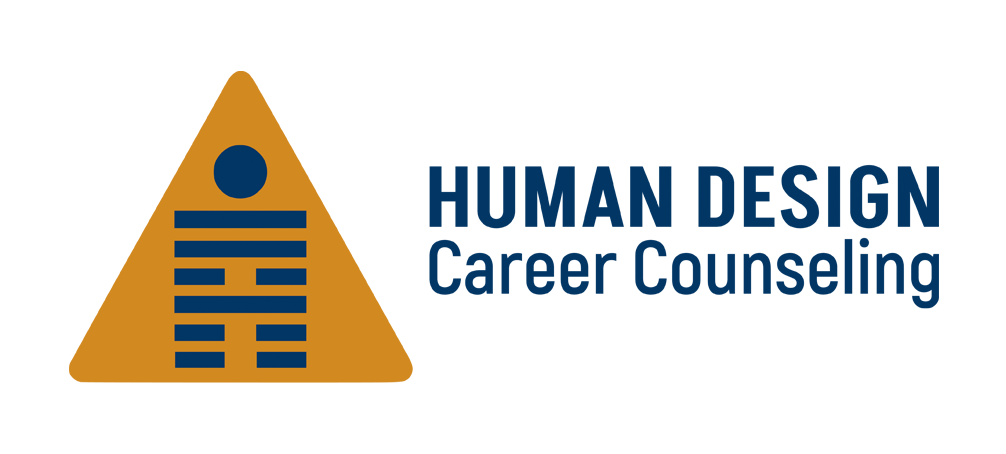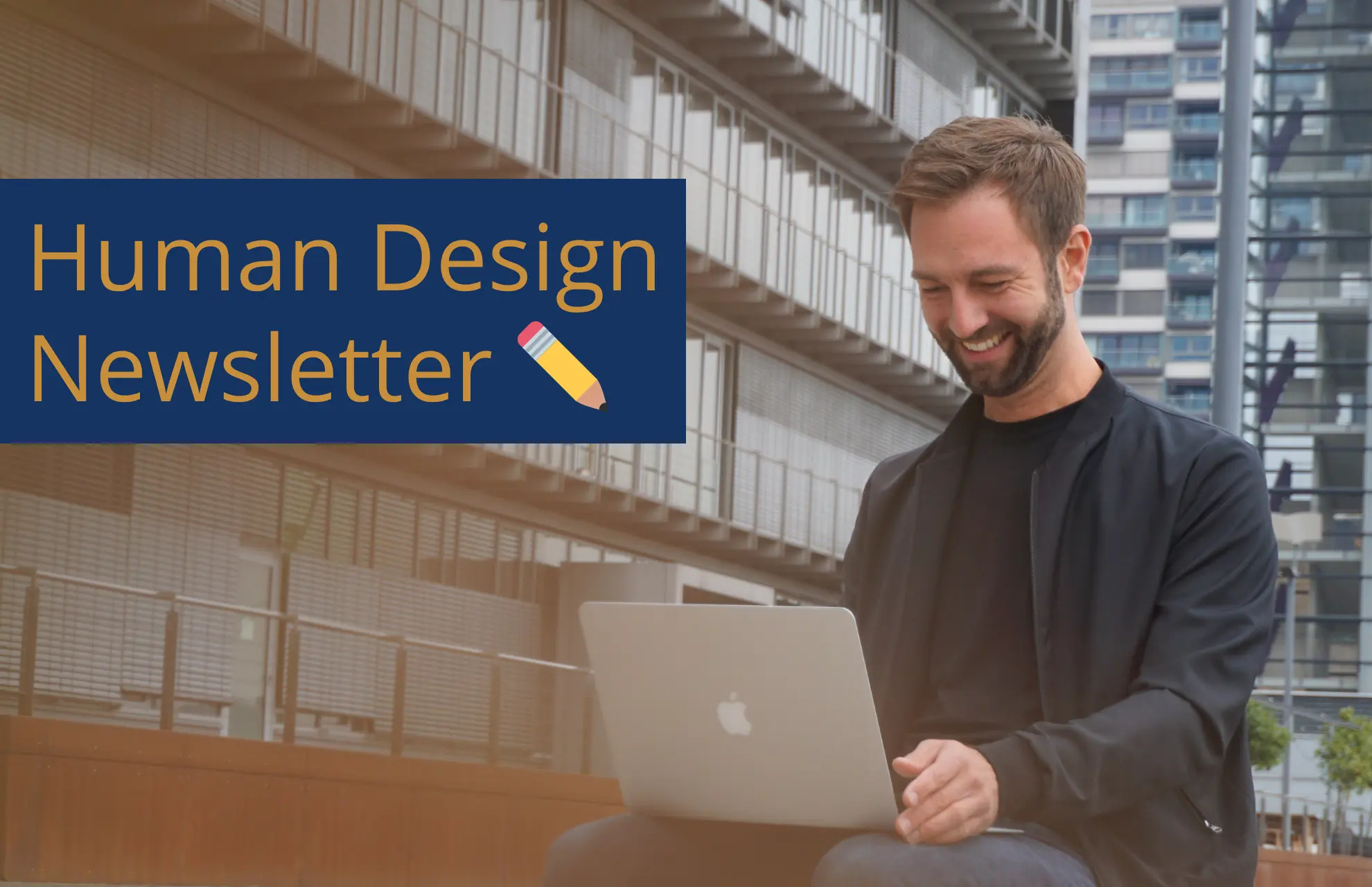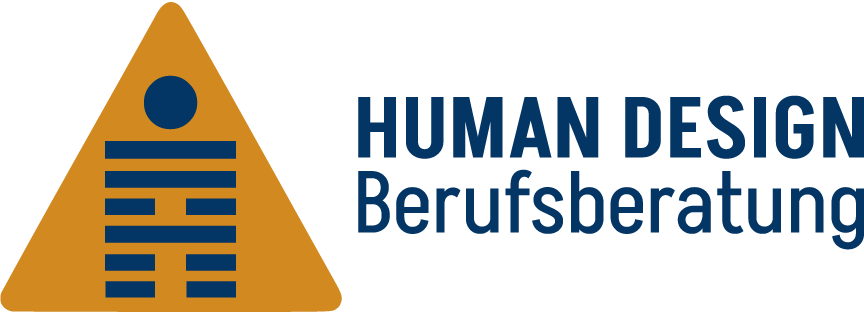Hey, I’m sitting on the train to Cologne right now and would like to share a few thoughts with you…
I’m sitting here with my laptop open in front of me. My gaze drifts over the fields through the window, sunrays break through the clouds, dazzling me intensely, and then: blasting through my headphones comes the following sentence:
We are selling our inspiration and creativity to artificial intelligence!
The sentence pulls me away from my thoughts about my next coaching session. And it strikes a nerve: Our inspiration?
Writers or musicians describe inspiration in its purest form like this:
“The text flowed through me straight onto the page. That wasn’t me, it just came through me.”
In my blog post on Human Design criticism, I already touched on this topic.
According to the Human Design Centers, inspiration sits in the Crown Center – the place for questions, doubt, pressure, inspiration.

If your Crown Center is open, you perceive a lot from the outside. You are on the lookout for inspiration and enjoy listening to the questions of others.
If your Crown is defined, then your Ajna Center is automatically defined as well. You are a source of inspiration for others and feel the pressure to have your own questions answered.
Both – whether open or defined – unleash creative power.
Artificial intelligence can support us in the process of inspiration and creativity. But there is also the danger that our brain might be replaced by ChatGPT & Co. In this way, true sources of inspiration dry up and, in the worst case, AI ends up ruling both body and mind.
A MIT study has revealed:
🧠 If we increasingly “outsource” our thinking to ChatGPT, the neural connections in our brain are reduced.
🧠 We lose the ability for self-reflection – the capacity to think about ourselves and our own thinking.
🧠 Even if we believe that AI makes us smarter, this is a fallacy. In reality, we become dumber. The brain is like a muscle, and AI is the wheelchair for the brain. The more we use it, the weaker we become.
The tech elite that develops these AI systems, by the way, protect their own children from exactly the technology they sell to the world – sending them to technology-free Waldorf schools.
I personally enjoy being inspired by ChatGPT and the like. But to be honest, I don’t want to miss out on the
How about you? What does true inspiration and real creativity mean to you?
👉🏼 Would you rather make things easy for yourself and outsource the creative process to a service provider?
👉🏼 Or do you want to let reality inspire you?
👉🏼 OdeOr would you prefer a healthy mix of both worlds?
If you’d like to be inspired by your Human Design Chart and want to know how it can be expressed in your career, I’d be happy to support you.
By the way:
Only until Sunday, 14.09.25, you can get my written self-coaching course –
When the next special discount will come is still written in the stars.
Thank you for allowing me to share these thoughts with you. I wish you a wonderful weekend.
Thomas
More recent newsletters can be found here.
Questions and answers about this newsletter
What role does the Crown Center play in a professional context?
The Crown Center stands for inspiration and mental impulses. It can influence how ideas arise and which questions are asked in everyday work life.
What does an open Crown Center mean in the job?
An open Crown Center takes in many impressions from the outside. This can generate a variety of ideas, but also create the feeling of being under constant pressure to be inspired.
What does a defined Crown Center mean in the job?
A defined Crown Center generates its own questions and ideas. People with a defined Crown Center are often perceived as a source of inspiration.
How can AI support the creative process?
AI can provide impulses and make routine tasks easier, creating space for one’s own ideas. However, it does not replace personal creativity or inner clarity.
What is the core statement of the study “Your Brain on ChatGPT”?
The study shows that using AI for writing does indeed reduce effort, but also leads to measurable declines in brain activity. Test subjects who worked with AI displayed more weakly connected neural patterns and reported feeling less ownership of their texts. In addition, they found it harder to remember content they had written themselves. Even after switching back to writing without AI, the reduced neural activity persisted, which points to lasting effects. Overall, the study suggests that while AI can increase efficiency, it may also weaken memory, creativity, and self-reflection.





0 Comments